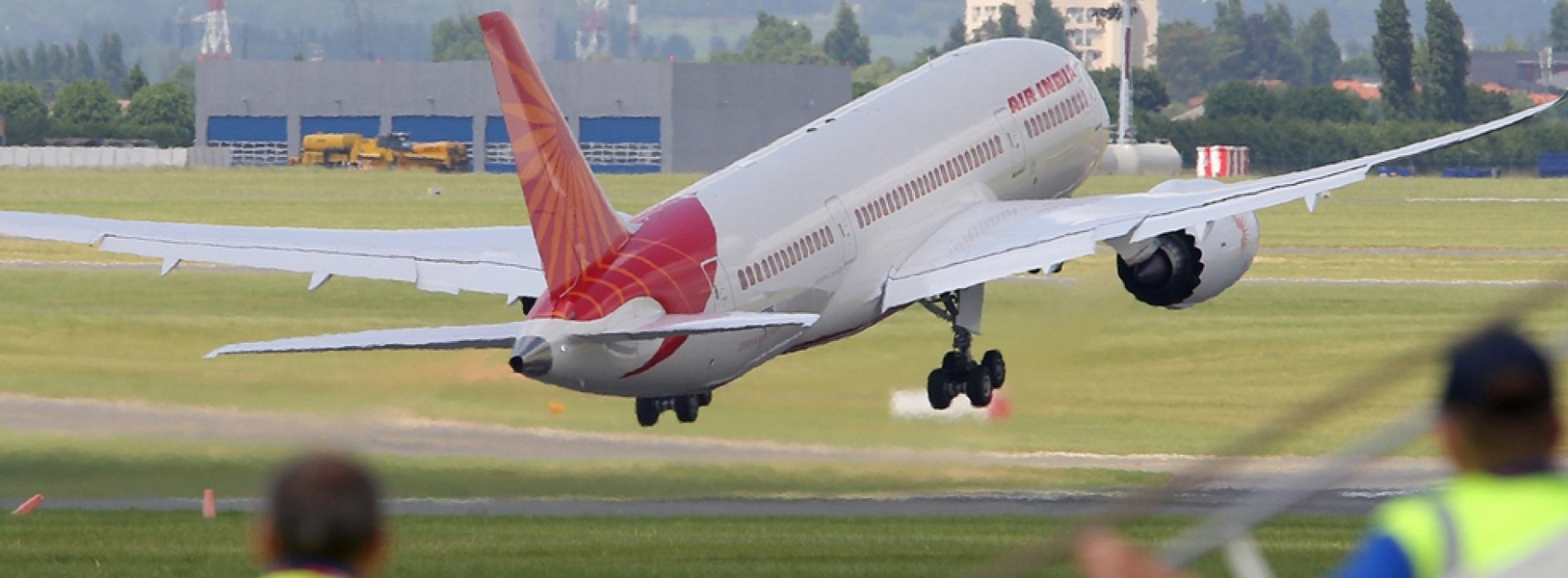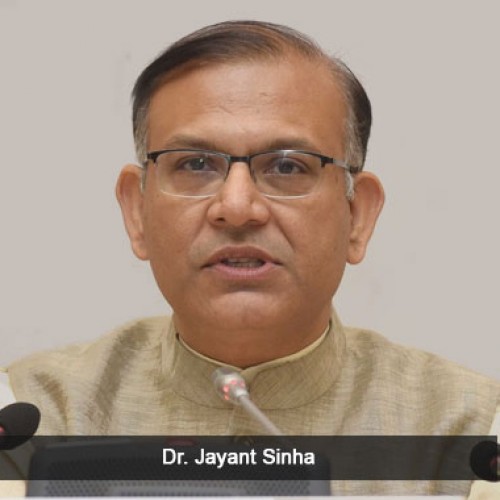49% FDI in aviation: The political privatisation of Air India is underway
The incremental approach towards the divestment is obviously aimed at ensuring that non-controlling partial ownership doesn’t fall into ‘undesirable’ hands.
The government has taken one more small step in coming to grips with one of the most difficult parts of giving a decent burial to the Indian public sector – privatising Air India. It has allowed foreign airlines to own up to 49% of the national carrier. A year ago, it had announced its decision to strategically divest its stake in the carrier.This puts Air India at par with other Indian carriers in which foreign airlines already have the liberty to own up to 49%. But the government has not gone the whole hog. Indians will still need to hold effective control over the company. Furthermore, the investment will have to come in via the approval and not automatic route.Why an entity or a group with 49% stake in the company will be happy not to exercise control is not clear. The likely answer is that any investment coming in now will be with an eye on being ahead of other aspiring stakeholders while waiting for further relaxation of norms.The ‘one step at a time’ approach by the government is obviously aimed at ensuring that even non-controlling partial ownership does not fall into “undesirable” hands which can have an adverse political fallout for the government. This is particularly so because the parliamentary standing committee for the ministry concerned has come out against privatisation and recommended a five-year wait during which time an effort can be made to turn the company around.The incremental approach to eventual strategic disinvestment is also aimed at giving enough time to all the stakeholders to prepare themselves for privatisation, thus removing any chance of strong adverse reaction to any unexpected development.Further, an incremental approach enables better price discovery. The status of assets (how effectively unencumbered they are) gets clarified as a promoter (in this case the government) takes steps to clean them up and dress them up as attractively as possible.Aviation industry experts value Air India at around $10 billion (excluding land), which means that disinvesting halfway will fetch the government $5 billion (upwards of Rs 30,000 crore – no mean sum). The point is that, land, including prime assets like the Air India tower at Nariman Point, should also be sold. This is because the government is not good at speculating on land, that is holding on to it while waiting for property prices to peak.Currently, the real estate market is down but at some point in the incremental journey towards privatisation, prices will pick up.
The actual valuation realised will depend on how transparently and efficiently the auction process is conducted. Properly done, $10 billion is a kind of a floor price. Eventual sale is preferable as the government is intrinsically not good at extracting the best value out of land, particularly in commercial areas, on an ongoing basis.
News Source: www.business-standard.com
You might also like
Dr Jayant Sinha becomes the new MoS of Civil Aviation
Dr Jayant Sinha – Minister of State for Civil Aviation In the first major expansion and reshuffle of the Union Cabinet effected from 5 July, 2016 by the Prime Minister
Boeing expects India to order up to 2,100 Aircraft over 20 years
India is one of the world’s fastest-growing aviation markets with domestic passenger traffic growing at more than 20 percent a year over the last few years. Airplane maker Boeing said
Amit Aggarwal brings ‘Monaco from the heart of Kashi’ to Lakme Fashion Week Winter/Festive 2017
India’s renowned couture designer, Amit Aggarwal draws inspiration from the luxurious wedding destination, Monaco for his AW’17 bridal couture collection which will be showcased on Friday, 18th August at the







